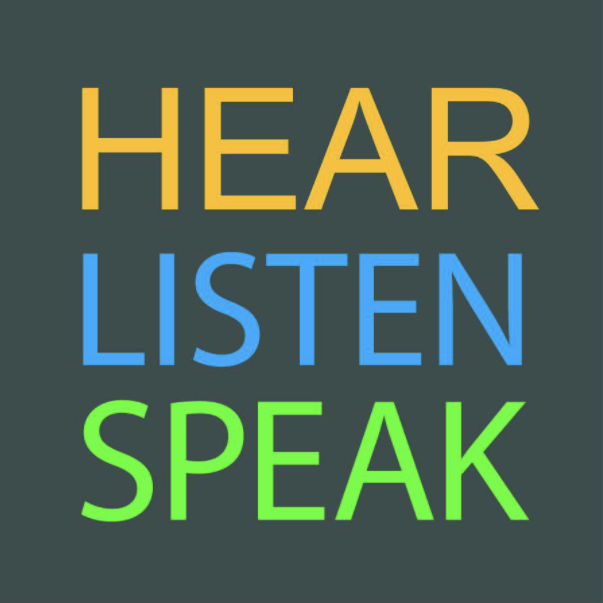I recently spent an evening with a group of mostly native Spanish speakers. I knew most of them, but there were a few new faces.
Often with this group of friends, we default to English – they live in the US, their English is great, and I can be lazy and express myself perfectly.
But this time, almost everyone there was a native Spanish speaker, so it was a mostly Spanish night.
At this point, I’ve been working on my Spanish for over five years, intensively for about two years now.
I’ve put in countless hours of “study” time, listened to thousands of hours of music, and mostly followed all of my own advice about language learning.
Overall, my Spanish is now solidly conversationally fluent. I can really hold my own in a one-on-one conversation.
But there’s nothing quite like being with a group of native speakers, all talking at the same time.
It’s an extremely humbling experience, because new words and expressions will always come up in conversation.
Especially when you’re with people from various regions, their accents and slang are all different.
You can never expect to understand everything that you hear around you, and it might even feel like you’re going backwards in your learning.
This can get exhausting and disheartening pretty quick, so here are some tips for getting through these situations.
Making the Most of Group Settings for Language Learning
- You do NOT have to understand everything!
This is extremely difficult for us as grown-ass adults, but practice letting go of perfection, enjoying the beauty of the language, and being open to new words. - Smile Through the Grind
As tough as it is, try to keep a smile on your face even when you feel really discouraged. This will keep your positive vibes up and make people more comfortable talking with you. - Only ask about certain words
As much as you want to understand everything, you can’t break the flow of the conversation to ask about everything. So prioritize the words that come up again and again that you can’t figure out from context. - Rely on what you do know
When you are understanding something (first of all, huge congrats!!), take the opportunity to ask a relevant question. If you can connect with your existing knowledge, that’s a big accomplishment. - Optimize your learning environment
Pay careful attention to everything you hear around you – what do you notice? Are some people easier for you to understand? Why not talk to them one-on-one later? 😉 - It’s all about intensive exposure
In these situations where we’re hearing tons of new information, remember the goal: To expose your ears, brain, and tongue to the language you’re learning. Even when we don’t feel like we’re learning much, trust the process, pay attention, and absorb what you can. - Be kind to yourself
Whenever I start to get discouraged about language learning, I always remind myself: I’ve had almost 10,000 days to work on my English since being born! That’s a massive headstart. As adults, we can’t devote all of our time to language learning. But everything we do brings us closer to our goals.
Languages are beasts that are massive, endlessly complex, and constantly evolving. It unfortunately takes a truly ridiculous amount of time to become fully fluent.
But if you follow these guidelines, I guarantee you’ll be much better prepared to learn from groups of native speakers.
And you’ll make yourself into a much funner conversation partner for them, which will give you more opportunities like this is the future!
